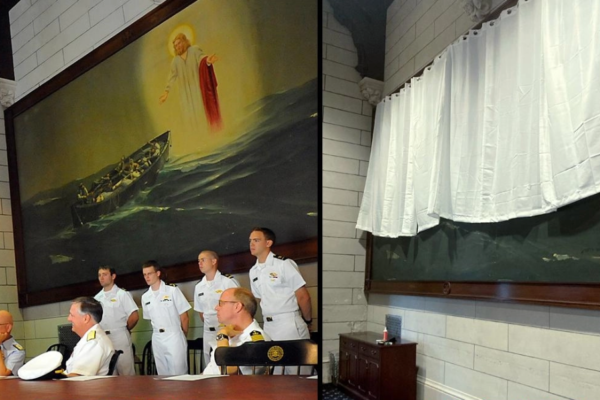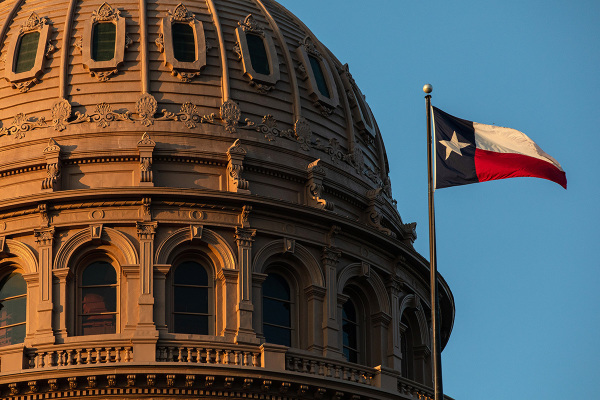Poll: 'Very Religious' Americans Have Better Emotional Health
Depression and negative emotions are less common among "very religious" Americans than among the nonreligious, a poll reveals.
Gallup's new report on Tuesday shows that 15.6 percent of American adults who say religion is an important part of daily life and who attend a church, synagogue or mosque at least every week or almost every week have been diagnosed with depression in their lifetime.
Meanwhile, 18.7 nonreligious Americans have been diagnosed. Among "moderately religious" adults, 20.4 percent reported having been diagnosed with depression.
Gallup noted in its report that the finding does not necessarily imply that the act of becoming religious will reduce or eliminate depression since Americans were asked whether they were diagnosed at any point in their life.
Still, the research group documents a significant relationship between high religiosity and lower levels of negative emotional wellbeing.
Overall, very religious Americans are less likely to report experiencing daily negative emotions of worry, stress, sadness and anger compare to their moderately religious and nonreligious counterparts.
Around 30 percent of very religious adults said they felt worry "a lot of the day yesterday" while around 38 percent of moderately religious and 34 percent of nonreligious Americans said the same.
Though Gallup reported that it is possible that Americans who exhibit lower emotional negativity may just be more likely to choose to be religious, the research firm suggested, "The best explanation for the observed relationship between religion and more positive states of emotional health may be the most straightforward – that being religious in fact produces a salutary effect on one's mental health."
Some of the reasons for this, the report noted, might include the social interaction that accompanies religious service participation, the ability of religion to provide explanations for setbacks and problems, the positive benefits of meditative states, prayer and belief in a higher power, and the focus placed on others and charitable activities by many religions.
Drawing possible reasons for the worse emotional health among the moderately religious Americans, the report stated, "The greater religious ambivalence found in this ... group could be a leading and lagging factor in their more negative emotional health, as these Americans may be less prone to commit to one belief system fully because of their higher rates of depression, stress, and worry."
Results are based on telephone interviews conducted as part of the Gallup-Healthways Well-Being Index survey Jan. 2-July 28, 2010, with a random sample of 554,066 adults, aged 18 and older.
Of those surveyed, 43.2 percent were very religious.






















